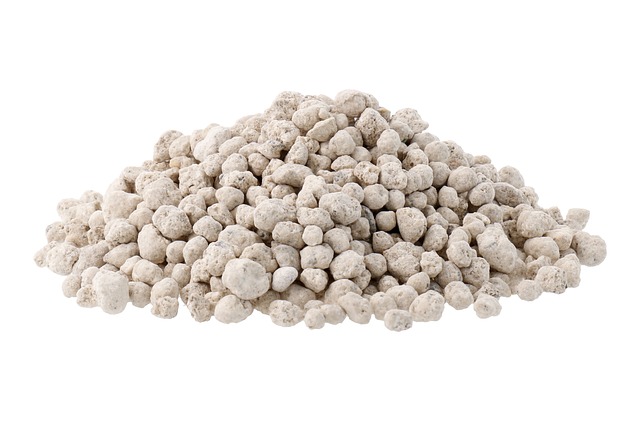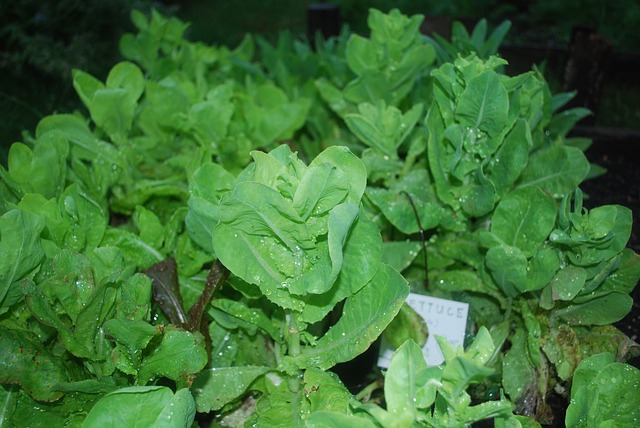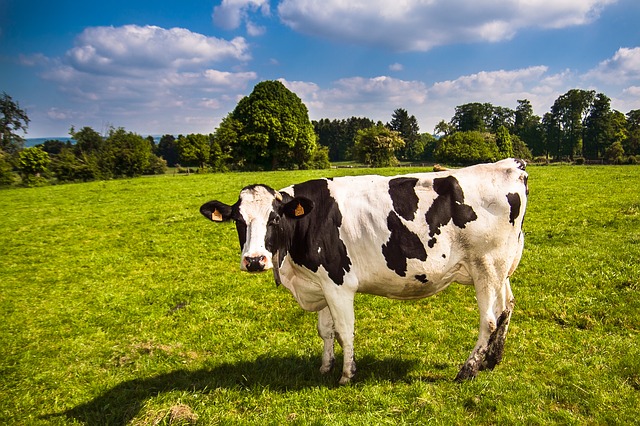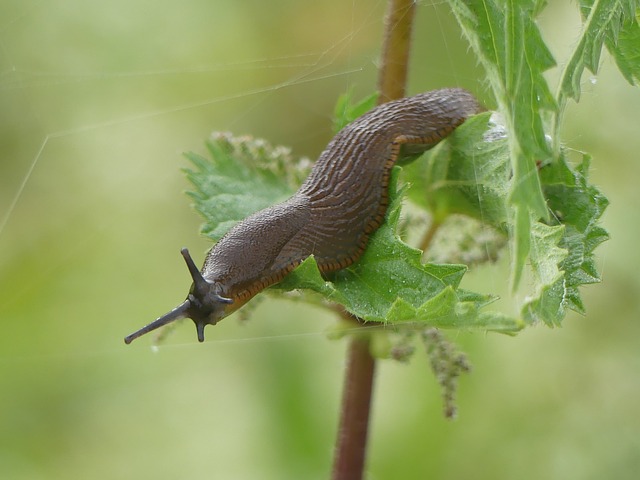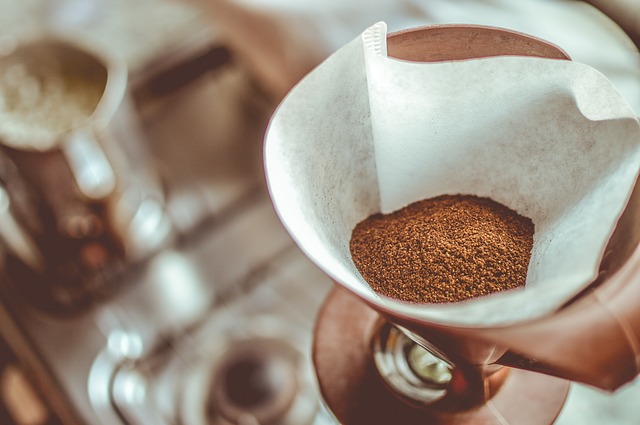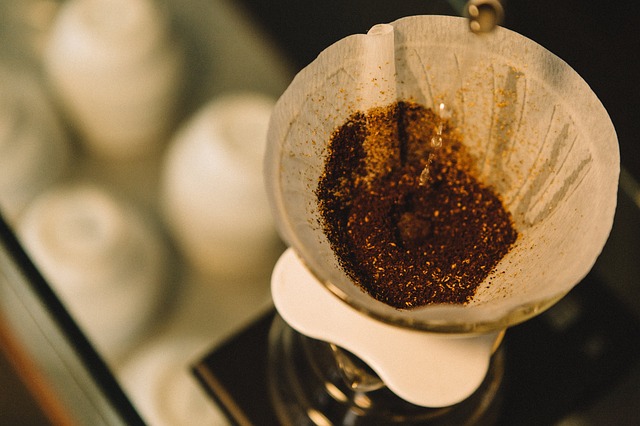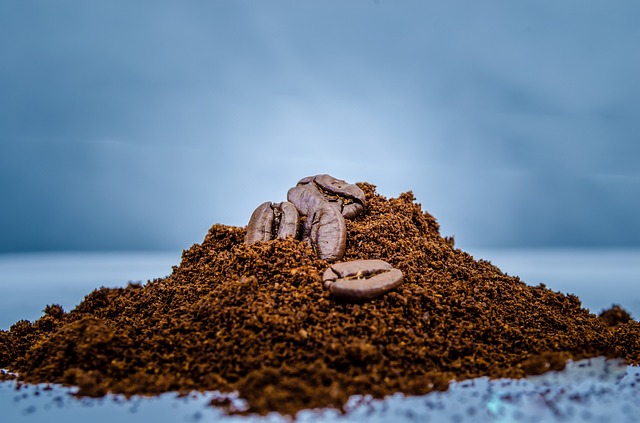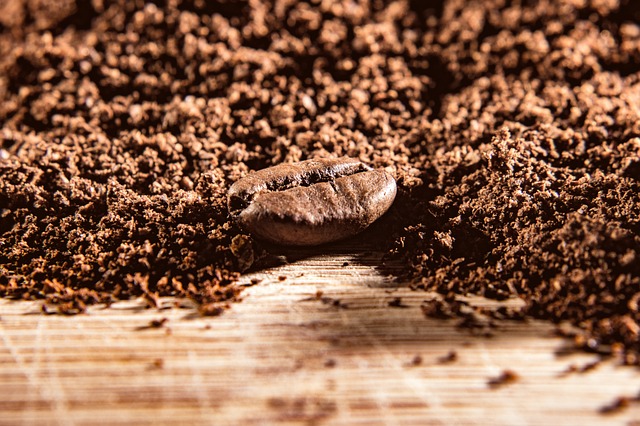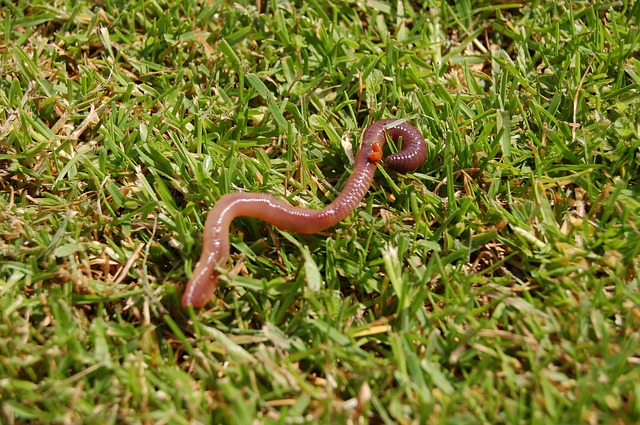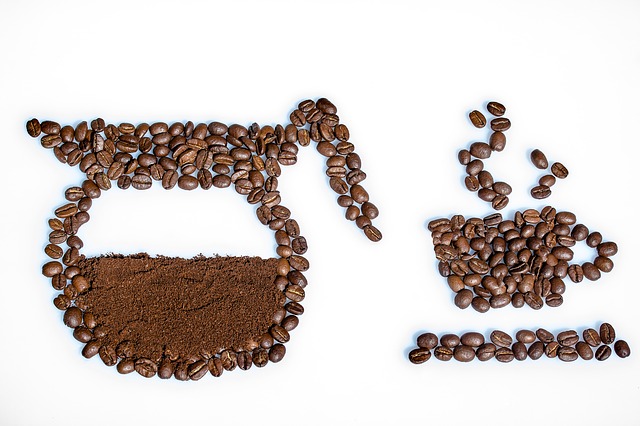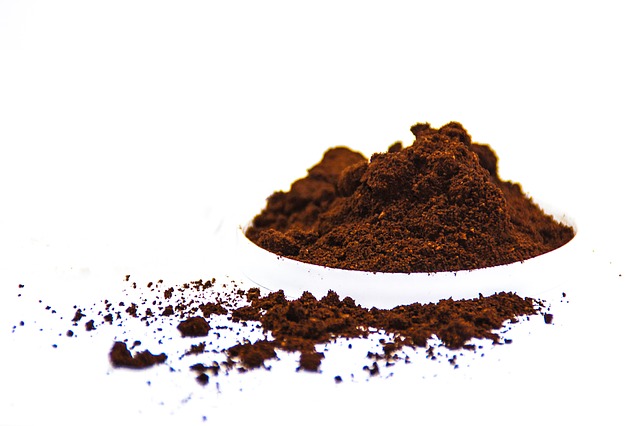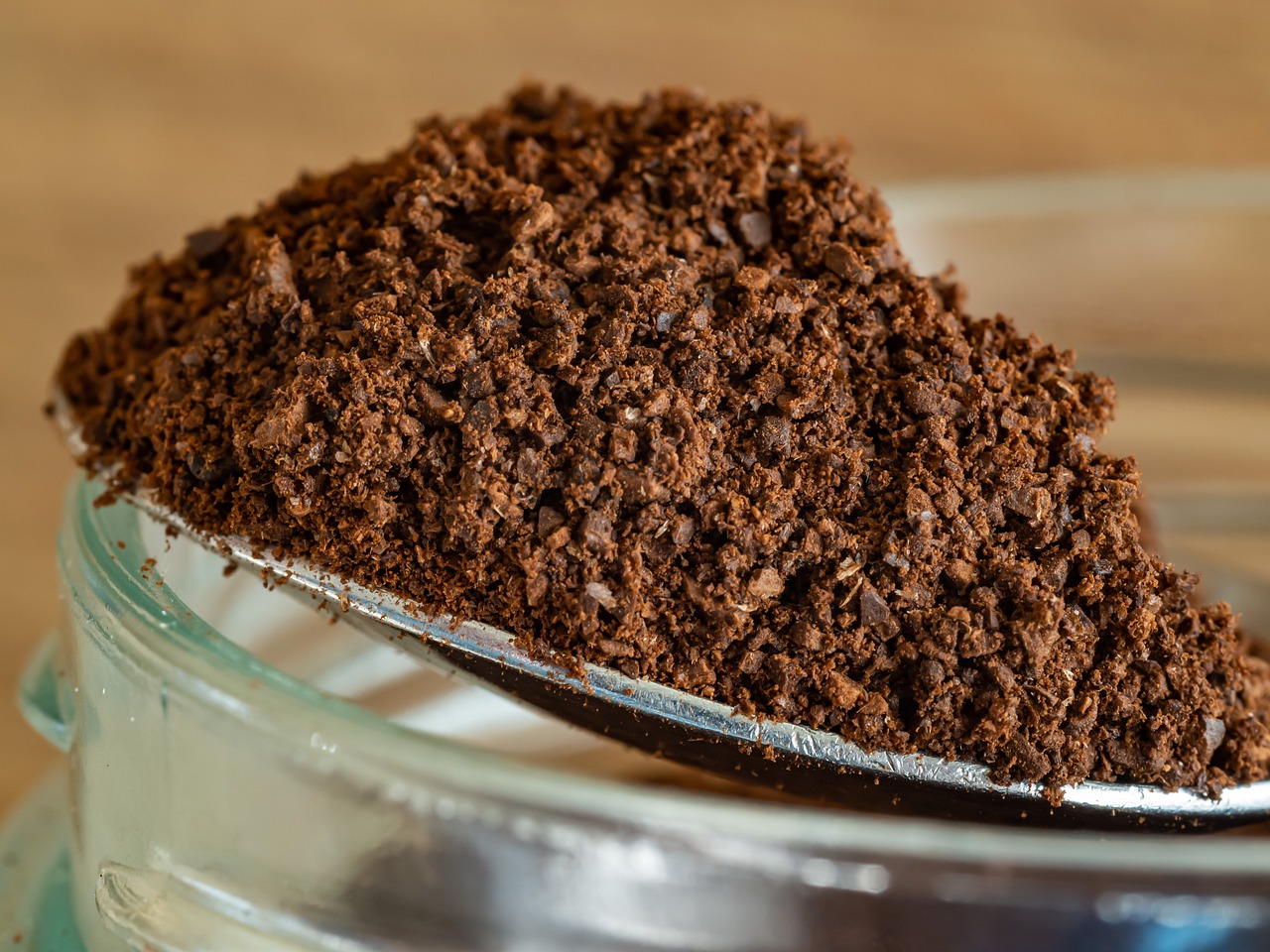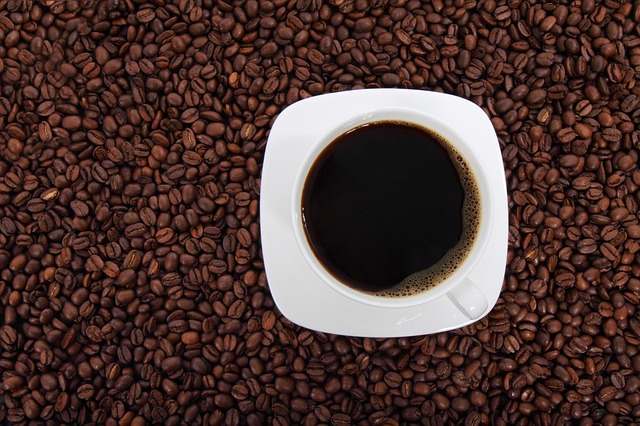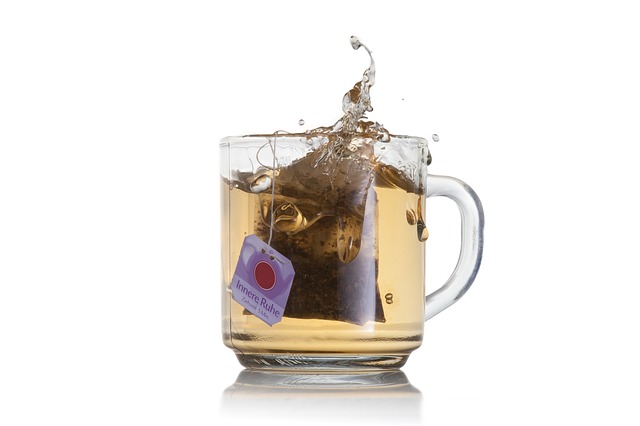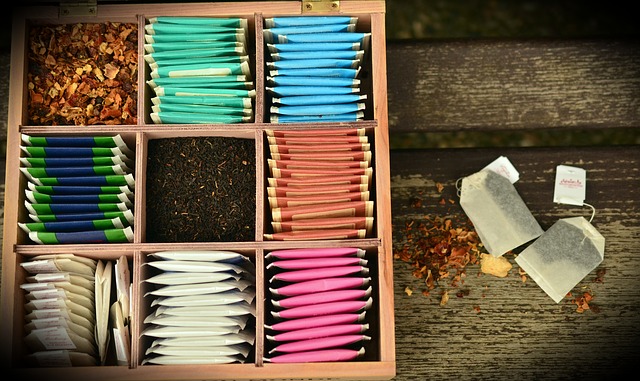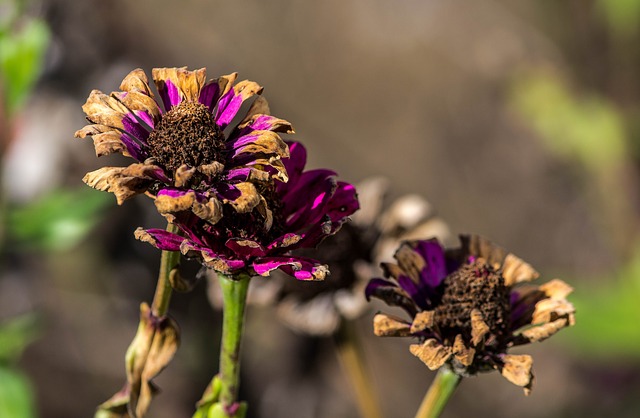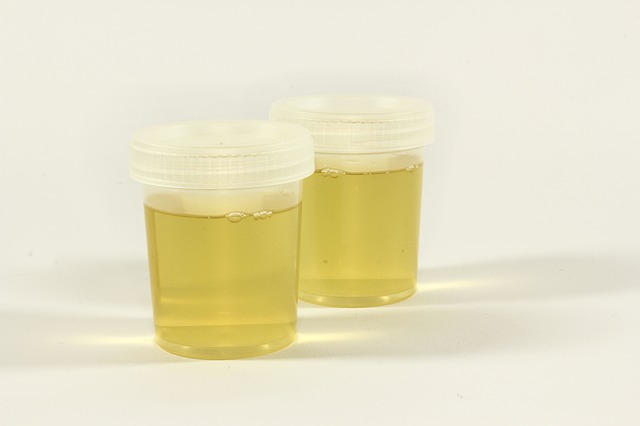
While urine is waste, it also contains nutrients that our bodies can’t use. But your garden can! Using urine as fertilizer is free and as organic as it gets! Here’s what you’ll need to know when thinking about using it.
There have actually been multiple studies that have shown that when used in the soil to grow a variety of plants and vegetables human urine can produce added growth. In fact, in many instances, there was even more growth than when chemical fertilizers were applied. (Of course, results may depend on a variety of factors).
The Big Three
You can use human urine as fertilizer for plants because it has some very important nutrients that they need. In fact it contains three of the most vital of all: nitrogen, phosphorous, and potassium. Nitrogen is responsible for vegetative growth while phosphorous helps the flowers, fruits, and roots to develop.
Potassium aids plants in taking in other nutrients and at the same time fights off diseases. Nitrogen, phosphorous, and potassium also happened to be the main nutrients that are used in chemical fertilizers. The ratios of each are displayed on the packaging of fertilizers and are known as the N-P-K ratio. The average person’s urine has an N-P-K ratio of about 11-1-2.5.
How To Use Urine As Fertilizer
You shouldn’t get too excited and give your lawn or vegetable garden a soaking of pee right away. Your urine contains salt and that can suck up moisture from plants. That’s why for example you often see yellow spots on the lawn in areas where dogs like to go.
When using urine as fertilizer dilution is the key. In other words that pee just needs to be watered down first so that it’s not so concentrated. In order to do this, you’ll want to first collect your urine. Peeing in a plastic bottle or jug is usually the most convenient method.
How much you dilute your urine can depend on the type of plants you are using your urine fertilizer for and their needs. You may want to dilute it as little as 1:1 so equal parts urine and water. However a much more common ratio would be around 1:10, so one part urine for ten parts water. Or you may want to go even more diluted with something like 1:15.
When using urine as fertilizer it’s important to make sure that you don’t actually water the leaves or fruits of the plants since this can actually burn them. You want to place your diluted solution directly into the soil surrounding your plants. Digging up a shallow trough, adding the solution, and then covering it back up is another option. Keep in mind the fresher the urine the faster it will break down.
Extra Advantages Of Using Urine As Fertilizer
Many people don’t realize that human urine is sterile so you won’t have to worry about any bacteria or pathogens when using it in the garden. And of course, it’s free which can help you to save your hard-earned cash instead of purchasing fertilizer from the store.
In fact, it’s estimated that the average family of four people produces enough urine on a yearly basis to equal roughly the equivalent of a one hundred and ten pound bag of store-bought fertilizer. By using urine instead of chemical fertilizers you’re also doing a service to the environment and potentially protecting your health from any unwanted and unknown side effects of those chemicals.
Interestingly because it’s chemical-free, low cost and readily available cow urine has been used successfully as a fertilizer as well. Studies in countries such as India have shown that using cow urine as fertilizer can greatly improve soil quality in a cost-effective and natural manner. Although it does have to go through a fermentation process before it can be applied.
Using Urine In Compost
If you have a compost pile or bin you may want to consider using your pee there too or as an alternative. By adding urine compost gets a huge boost when first starting out. And of course, the end result is soil that is very nutrient-rich so you may not need to fertilize later on. Another benefit is that you don’t need to dilute your urine before you add it. You can pour it in or simply pee right on your pile.
There you have it, the basics of using human urine as fertilizer. So be sure to keep this info in mind to help give your garden an all-natural boost!
Start Shopping for Gardening Supplies!
Does Copper Tape Stop Slugs?
Does copper tape stop slugs? The answer is yes. And you can use this simple solution to keep your plants safe from those slimy plant-eating pests. Repel Slimy Garden Invaders Without Harm Despite being relatively small and very slow-moving, slugs can do a lot of...
Coffee Grounds For Flowers
For many of us, there’s nothing we’d rather do than relax with a cup of coffee near the flower garden. Most people don’t realize however that the grounds used to make our coffee can help to increase the health and beauty of our garden. Here’s what you’ll need to know...
Coffee Grounds For Roses
Using coffee grounds for roses is a fabulous way to improve the health of your plants, helping them to produce those gorgeous flowers you’ve been dreaming of. But there are a few things you’ll need to know before getting started. Conditions Roses Prefer Roses do best...
Do Roses Like Coffee Grounds?
Do roses like coffee grounds? This is something many gardeners wonder about, especially since feeding roses coffee grounds has been a practice that’s been around a very long time. The answer is yes they do, and here’s what you’ll want to know. Roses And Acidic Soil...
How To Use Coffee Grounds For Grass
You’ll want to think twice before you toss your used coffee grounds in the trash every day. Those grounds can actually be used to feed and increase the health of your lawn. Here’s everything you’ll want to know about using coffee grounds for grass. Advantages Of...
Are Coffee Grounds Good For Grass?
Are coffee grounds good for grass? The answer is yes, so you may want to think twice before throwing away your used grounds after your morning cup of coffee. Instead, you can put them to work helping increase the beauty of your lawn. Benefits Of Using Coffee Grounds...
Are Worms Good For Your Lawn?
Despite their slimy looks worms are well-known for being very helpful in the garden. But are worms good for your lawn? You bet they are, and here’s why! Aeration As worms travel from place to place in the soil below your lawn, they create a maze of tunnels. And those...
How To Use Coffee Grounds For Snails
You don’t have to kill those annoying garden snails in order to keep them from eating your plants. In fact, you can use your morning coffee as a non-lethal weapon against them. When they come into contact with your coffee grounds snails will turn right around and...
How To Use Coffee Grounds For Ants
There are endless sprays and poisons you can use to get rid of ants. However, you won’t have to look any further than your morning cup of coffee if you’d like a repellent that doesn’t contain any harmful chemicals. By using coffee grounds ants will stay away and kids...
Which Plants Like Coffee Grounds?
While using coffee grounds in the garden offers quite a few benefits, they can be slightly acid and therefore not appropriate for all plants. So which plants like coffee grounds? Here’s what you’ll need to know. The Basics Of Coffee Grounds Coffee grounds contain...
Coffee Grounds And Hydrangeas
While many people love their hydrangeas, they often would love them even more if they were blue. Luckily the grounds from your morning cup of coffee can help you to achieve those gorgeous blue blooms. Here’s what you’ll need to know about coffee grounds and...
Coffee Grounds For Worms
Worms are an extremely helpful component of any compost bin or pile, not to mention worm farms. And it turns your morning cup of coffee can contribute to their diet. Using coffee grounds for worms is an easy way to keep them from heading to the local landfill while...
Using Coffee Grounds In The Garden
Your morning cup of coffee can help you to not only start your day off right, but in the garden as well. The grounds used to make it have many important properties that are ideal for both plants and soil. By using your coffee grounds in the garden you’ll be able to...
Using Coffee Grounds In Compost
It’s estimated that over two billion cups of coffee are consumed around the world each and every day. And that’s an enormous volume of grounds which are used and then tossed in the trash. By using coffee grounds in compost instead, you can help cut down on waste and...
Used Tea Bags In The Garden
Many people don’t realize that once you’ve had a cup of tea, your tea bag can be used again in quite a few other ways. There are actually many great uses for used tea bags in the garden. And here are some of the best! Free Natural Fertilizer The tea leaves and...
Used Tea Bags In The Compost
The next time you have your daily cup of tea, you may want to think twice about throwing that tea bag in the trash. Instead of contributing extra waste to landfills, you can help the environment and your garden by placing used tea bags in the compost. But before you...
5 Eco-Unfriendly Things You Do That Kill Your Garden
Any budding gardener out there wants to do the best for their garden and their plants. But are you accidentally causing it harm? Here are five eco-friendly things you do that kill your garden: Buying Plants that Contain Pesticides You may not use pesticides yourself...
7 Reasons You Need to Start Gardening Now
Looking for a fun hobby to help you relax? Get outside and get to work in a garden. Gardening has a variety of benefits for your mental, physical and spiritual health. Wondering how tending to plants can help you tend to your health? Here are seven ways gardening can...
Quick Tips To Speed Up Compost Times
Compost is an excellent soil conditioner and natural fertilizer. However, it can take quite a while for it to break down into a form that you can use. Luckily there are a handful of simple things you can do to help speed up compost times without much effort. Size In...
6 Common Types Of Soil Deficiency And How To Solve Them
Unfortunately, not all soil has the nutrients that plants need to grow and thrive. In some cases, it may be lacking in one area or another and therefore need a boost. Here are the most common types of soil deficiency and the best ways to deal with each of them....
